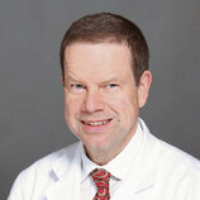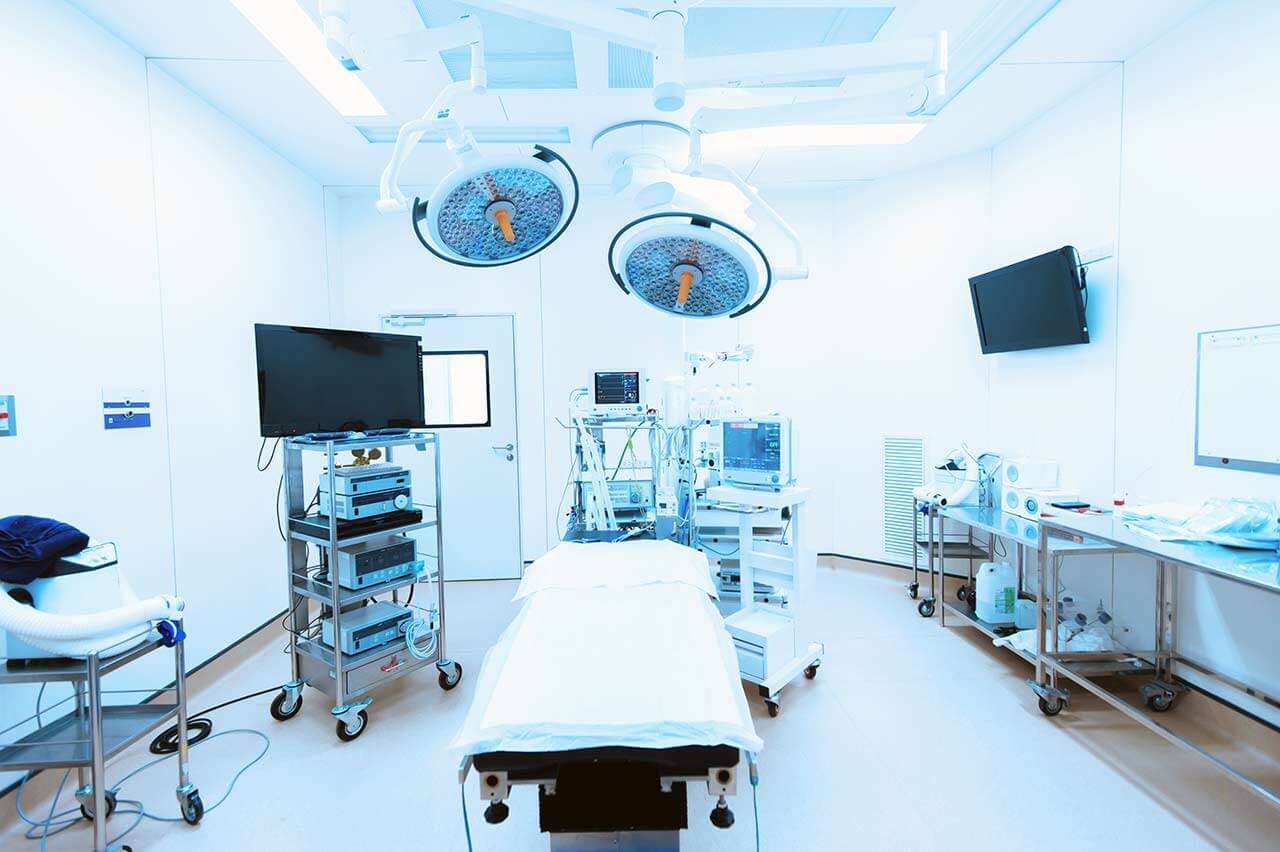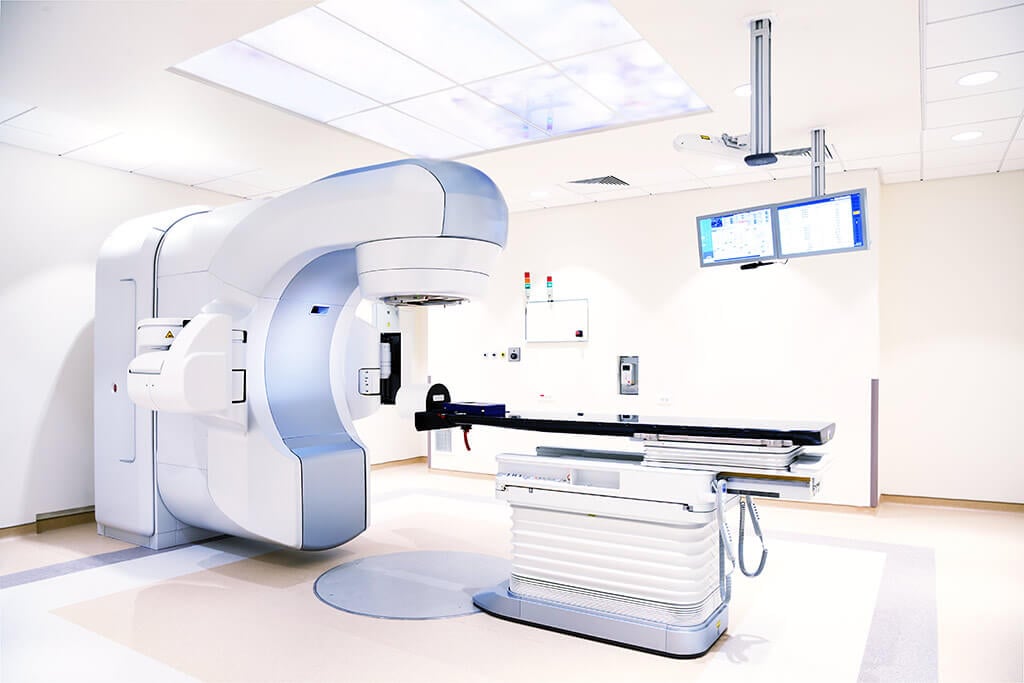
About the Department of Neurology and Epileptology at Catholic Clinic Koblenz-Montabaur
The Department of Neurology and Epileptology at the Catholic Clinic Koblenz-Montabaur provides the full range of diagnostic and therapeutic services to patients with various diseases of the central and peripheral nervous systems. The attention of the department's doctors is focused on patients with stroke, Parkinson's disease, epilepsy, multiple sclerosis, chronic headaches, and peripheral paralysis. The department has a modern Stroke Unit with 14 beds. The department's Stroke Unit is certified according to the requirements of the German Stroke Society (DSG) and is the largest medical facility of this kind in Rhineland-Palatinate. Successful treatment for neurological disorders largely depends on high-quality diagnostics, so the department has state-of-the-art equipment for imaging, neurophysiological, and laboratory tests. During the therapeutic process, the department's neurologists resort to drug therapy, botulinum toxin injection therapy, deep brain stimulation, physiotherapy, occupational therapy, speech therapy, and other methods. The specialists at the medical facility prefer individualized treatment and are always open to personal communication with the patient. The Head Physician of the department is Prof. Dr. med. Johannes Wöhrle.
One of the department's priorities is stroke treatment. For this purpose, the department has a specialized Stroke Unit equipped with the latest technology. When a patient with a suspected stroke is admitted to the department, they urgently undergo a CT scan of the brain. In some cases, magnetic resonance imaging may also be performed. Ischemic stroke is the most common in the clinical practice of the department's doctors. The most effective treatment for such a stroke is thrombolytic therapy. The essence of this therapy is to perform an intravenous injection of medicines that dissolve a blood clot (thrombus) inside the blocked blood vessel. The goal of thrombolysis is to restore normal blood flow to the brain. After providing emergency care, neurologists immediately begin primary rehabilitation measures aimed at verticalizing the patient, restoring speech, eliminating swallowing disorders, etc. At this stage, experienced physiotherapists, occupational therapists, speech therapists, and psychologists are actively involved in the therapeutic process.
The department also offers excellent diagnostic and therapeutic options for patients suffering from epilepsy. Epileptic seizures, during which patients may experience motor and sensory disorders, psychiatric disorders, and thinking disorders, develop due to the impaired functioning of the brain due to excessive electrical activity of neurons. If left untreated, another epileptic seizure may lead to death. During the initial consultation, it is important for the department's neurologists to hear a comprehensive description of previous epileptic seizures, data on the frequency of their occurrence, and the treatment provided. Based on the clinical data, the specialist prescribes the necessary complex of diagnostic measures that may include electroencephalography, CT and/or MRI scans, PET scans, and blood tests. If the diagnosis is confirmed, the attending physician is faced with the task of selecting the optimal course of treatment. In most cases, therapy is based on the intake of an individually prescribed anticonvulsant drug. In some cases, the patient may be prescribed several of these drugs at once, but more often, monotherapy is still used. The second-line therapy for patients with severe forms of drug-resistant epilepsy (where there is no effect of antiepileptic drugs at all or it is unsatisfactory) is surgery, which is the responsibility of neurosurgeons.
The department's doctors have been successfully treating patients with Parkinson's disease for many years. Unfortunately, despite the tremendous progress of modern medicine, Parkinson's disease is still an incurable disease, but the department's specialists have many therapeutic methods in their arsenal to take the pathology under control and prevent its progression. The main method of combating Parkinson's disease is drug therapy. As a rule, patients are prescribed medicines that increase dopamine levels in the brain. Additionally, certain medications may be prescribed to relieve symptoms. Drug therapy should be supplemented with exercise therapy, physiotherapeutic procedures, and massage. A healthy diet also plays an important role. If the above-mentioned treatment methods do not allow for the desired therapeutic result, deep brain stimulation is the second-line treatment. The essence of this method is the implantation of a special device that will constantly act with weak electric currents on the subcortical brain structures, which will lead to the normalization of the electrical activity of the brain and alleviate the severity of symptoms.
The department specializes in the diagnostics and treatment of the following neurological disorders:
- Stroke
- Epilepsy
- Parkinson's disease
- Multiple sclerosis
- Movement disorders
- Inflammatory diseases of the brain and spinal cord
- Chronic headaches
- Dizziness
- Peripheral paralysis
- Muscular diseases (myopathies)
- Other neurological disorders
The department's range of medical services includes:
- Diagnostics
- Laboratory tests
- Electrophysiological studies
- Electroneuromyography
- Electromyography
- Evoked potential recording
- Electroencephalography
- Nystagmography, including a video test of head movements
- Autonomic nervous system function assessment
- Ultrasound scanning of the blood vessels of the brain
- Duplex sonography, including with contrast enhancement
- Extracranial continuous-wave Doppler sonography
- Intracranial pulsed Doppler sonography
- Ultrasound monitoring for the diagnosis of embolism
- Imaging tests
- Computed tomography, including CT angiography
- Magnetic resonance imaging, including MR angiography
- Digital subtraction angiography
- Treatment
- Drug therapy, including thrombolysis for strokes
- Physiotherapy, occupational therapy, and speech therapy
- Botulinum toxin injection therapy for movement disorders
- Percutaneous mechanical thrombectomy
- Transcranial magnetic stimulation
- Deep brain stimulation
- Other diagnostic and therapeutic options
Photo of the doctor: (c) Katholisches Klinikum Koblenz - Montabaur





